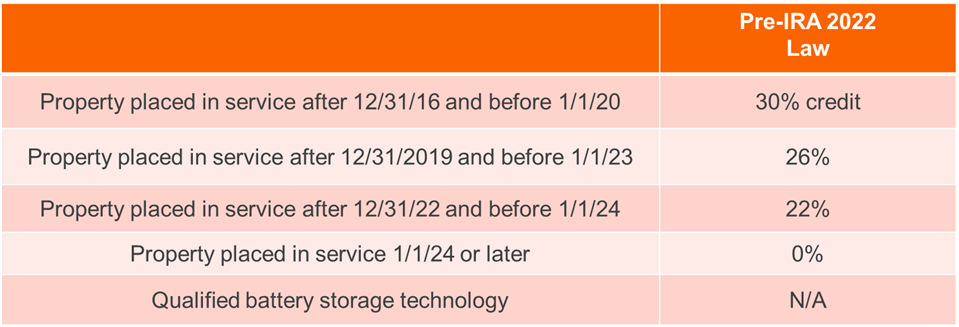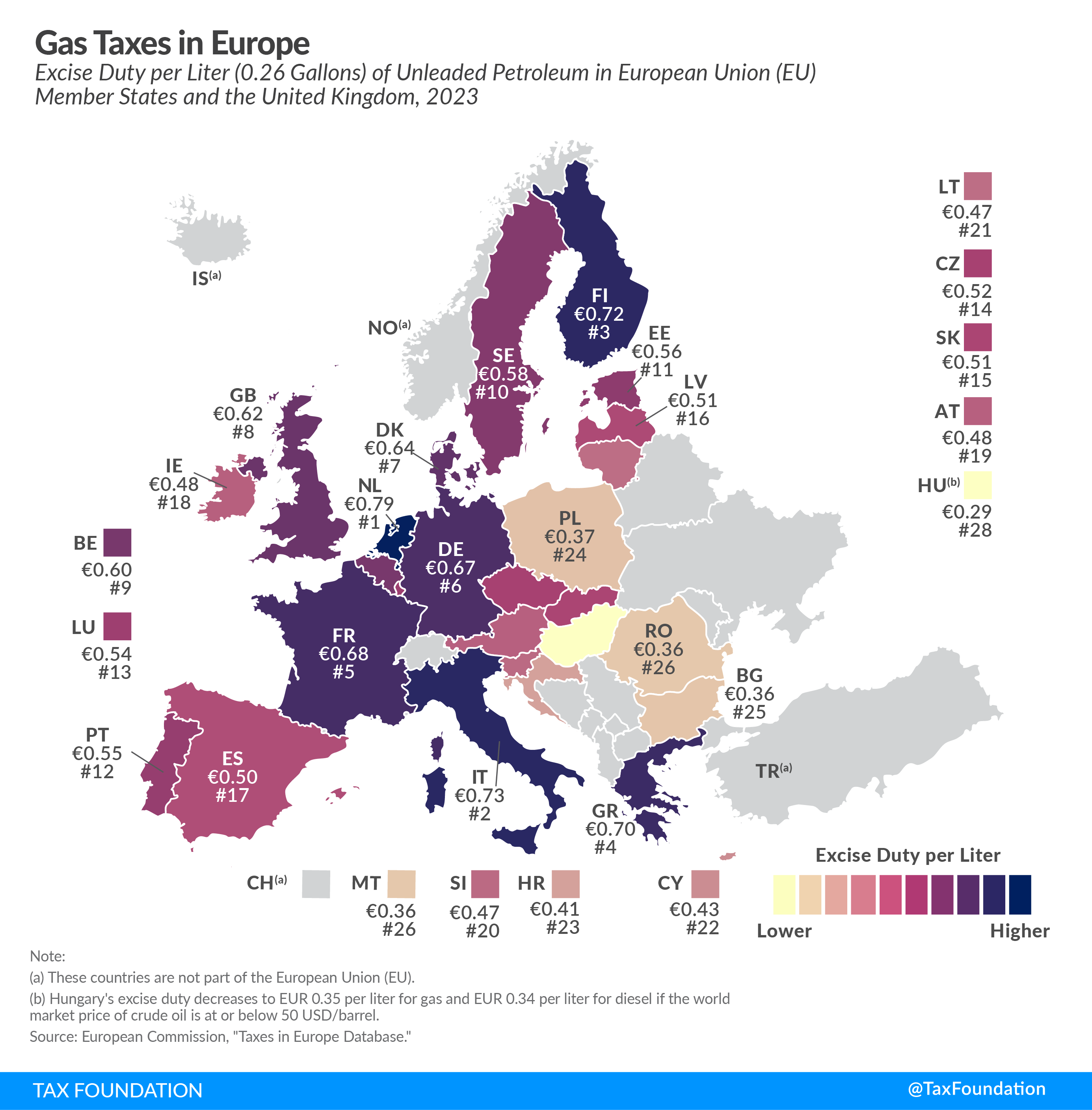Global trade sanctions: Managing their impact on the economy
Trade sanctioning has become a key tool in foreign policy around the world. Businesses that engage in international trade need robust compliance programs. Businesses that engage in international trade need robust compliance programs. Companies must navigate a vastly expanded environment of sanctions, where regulations are multiplying and international cooperation is becoming stronger.
The number and complexity of sanctions measures are also increasing. They cover not just direct trade, but also trade activities further down the supply chain, and include other areas of concern like anti-money laundering (AML), terrorism, and forced labor issues.As requirements become ever more complex and demanding, it’s clear that having robust sanctions compliance programs in place must be a top priority for businesses engaged in international trade. The discussion covered the following topics: The discussion included the following topics:
Register for the webinar and find out insights into the latest sanction measures and strategies for maintaining compliance and mitigating supply chain risks.
Global trade risk considerations are broadening
Traditionally, companies have focused on denied/restricted party, jurisdiction, and ownership structure screening, when checking those they do business with are not subject to sanctions. In today’s world, that is not enough. They must also consider other risk factors like evasion and contravention where bad actors find a way to get around controls and systems. Visibility and traceability is essential. Or, the product (or one component) could be innocent, but end up being used in an illegal way or going to a place it shouldn’t. Nuts and bolts, which were in high demand by Russia to fix tanks during the war with Ukraine, were one example given; another was microchips that were ultimately sold into Russia or China (via non-sanctioned countries) in violation of sanctions or export rules.
Helpfully, many governments provide guidance and alerts to help ‘red flag’ foreign parties of concern that do not appear on any formal sanctions lists and so won’t be identified by screening. “Take a look at these tips, on how to catch things before they happen and not get caught out by circumvention and diversion, which is a tricky area to try and do due diligence on,” advised Karen Lobdell, Senior Product Manager at Thomson Reuters.
Cooperation and enforcement of sanctions are ramping up
“Coordination among agencies within the U.S. as well as internationally, is unprecedented,” stated Donna Daniels, Managing Director, Forensics Division at EY. Government agencies worldwide are increasingly sharing data and intelligence with each other, combining investigative efforts and harmonizing regulatory standards and enforcement penalties.
This closer cooperation can benefit companies in one sense, by providing a greater consistency of approach that reduces the burden of having to come up with multiple policies and processes to address sanctions risks and satisfy regulations in every area where they operate. However, compliance remains complex, and companies must understand the differences between – and nuances of – the various standards, and requirements.
They are increasingly expected to share data with regulatory authorities, too. Non-compliance could have severe consequences. In the U.S., for example, a “carrot and stick” approach has seen improvements to voluntary self disclosure programs on the one hand, but large penalties and aggressive enforcement action on the other. In addition to fines, organizations could be banned from conducting business.
It’s worth noting that agencies are increasingly well-funded, enabling them to pursue more enquiries and investigations right through to prosecution. It’s more important than ever for companies to have robust policies and procedures in place that address the potential risks associated with trade sanction. They also need to maintain robust records in case regulators decide to visit them later. This comes back to the idea of taking a bigger-picture look at your priorities and where your goods are really going.
Technology has a vital role to play here, enabling organizations to assimilate and analyze data, assess risk, and gain visibility over their potential trade sanctions exposure, especially as regulations become more stringent. From advanced screening tools to platforms for export management, traceability capabilities, and risk monitoring software, there are plenty of solutions available to help you stay ahead of the curve on regulatory compliance.
Data analytics is a key area because companies increasingly must tie together data from different sources gathered for different purposes, such as combining AML data with sanctions data, to get a clearer perspective overall. Data analytics is a key area because companies increasingly need to combine data from different sources gathered for different purposes, such as combining AML data with sanctions data, to get a clearer perspective overall. AI and machine-learning are gaining traction in this regard, facilitating trend spotting and red-flagging, as well as reporting. Regulatory authorities are deploying data analytics tactics and using tech tools to uncover non-compliance, and are expecting companies to do the same to add rigor to their compliance efforts.
Solutions for managing global trade sanctions
To learn more about these issues, listen to the webinar on-demand, or discover how technology tools can make your organization’s sanctions compliance more robust with Denied party screening software.
ONESOURCE Denied Party Screening allows you to screen 715+ global lists for restricted persons, companies, and sanctioned or embargoed countries. Its sophisticated search engine can be fully tailored and configured to let you manage an appropriate level of risk for your company — minimizing false positives without missing actual hits.
Combining ONESOURCE Denied Party Screening with
provides a more proactive and robust approach to






